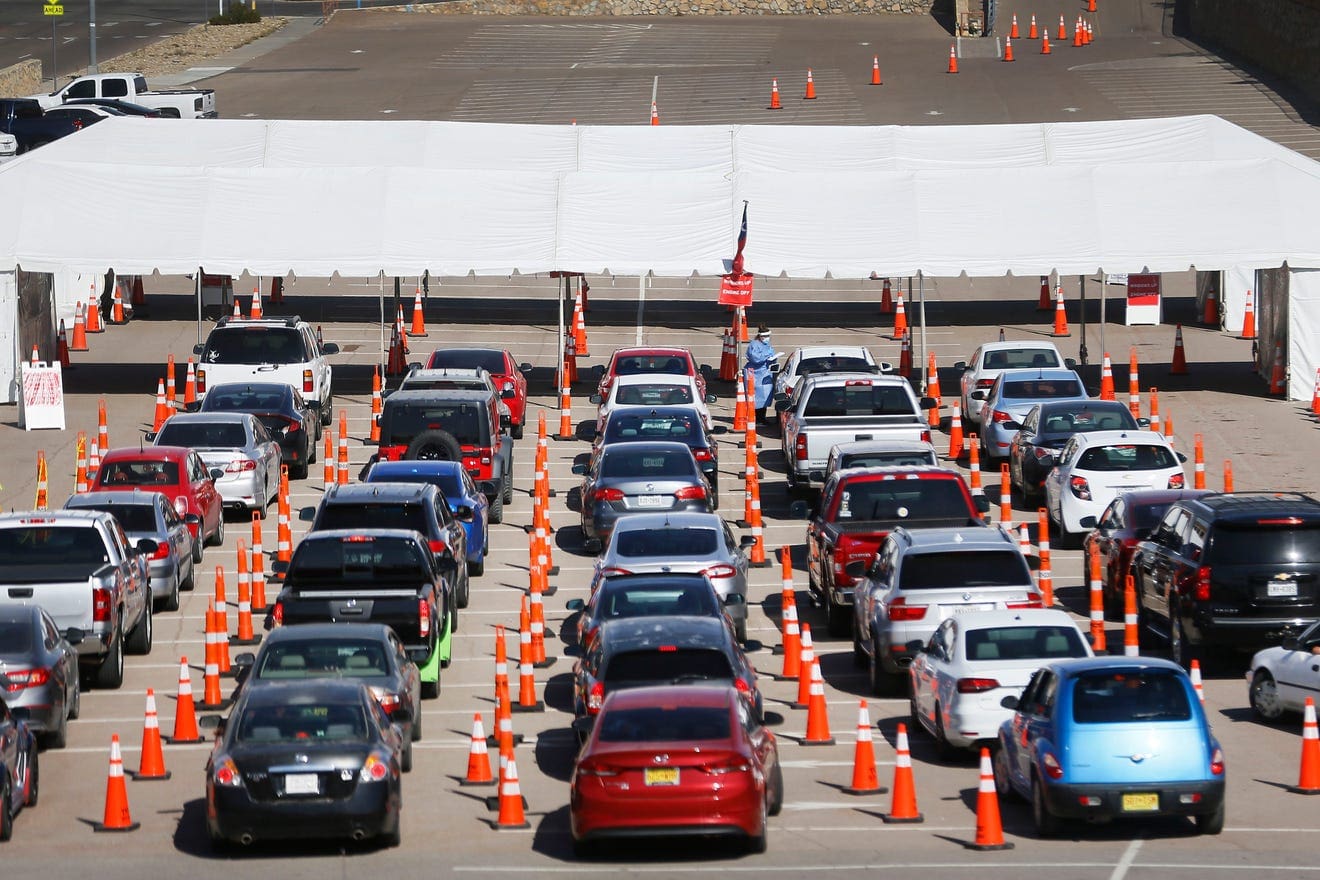This op-ed was originally featured in the Austin-American Statesman.
As Governor Abbott lays out his State of the State address on Monday, we wanted to share our perspective from Every Texan on where things stand and where Texas needs to go in terms of policies. I can’t help but start by thinking about my hometown of El Paso. At the start of the legislative interim, El Paso and the neighboring community of Tornillo were in a humanitarian crisis created by the Trump administration’s immigration policy of detaining families and backlogging asylum claims at the border. The hateful rhetoric against immigrants perpetuated by Trump officials and state leaders eventually led to the August 3, 2019 mass shooting at the local Walmart, where 23 people were killed and another 23 were injured in a hate crime.
Fast forward to November 2020, when El Paso was so overwhelmed by COVID-19 cases that it surpassed Bexar, Travis and Tarrant counties in number of cases — counties with far greater populations. El Paso was forced to draft inmates to transport bodies to the morgue.
The years 2019 and 2020 were some of the worst in El Paso’s modern history. But El Paso was not alone. Rio Grande Valley hospitals were similarly overwhelmed by COVID-19. Mass shootings are no longer isolated, once-in-a-lifetime events.
When we think about the state of our state, we should be thinking about the most vulnerable Texans, including immigrants and children, and people from groups that have suffered sustained discrimination. Railing against communities like Austin is not going to solve the problems of El Paso, the Rio Grande Valley, or other suburban and rural communities across Texas. We can’t afford to mask the real problems Texans are facing by taking away the tools local elected leaders need to address the hard issues, especially those issues shrouded by a long history of discrimination.
Texans need leadership and help from the state, not finger-pointing and attacks on city leaders and government, especially in our Latino and Black communities across the state.
First and foremost, Texas needs to address the pandemic through vaccine distribution and by addressing our worst-in-the-nation health insurance coverage gap. Medicaid expansion is a fiscally smart move because of the federal dollars it would bring to Texas and, more importantly, because it addresses a huge health care need in the parts of Texas that need the most help — rural communities and communities of color.
Secondly, we know the economy took a hit from the pandemic and the constant closing and premature re-openings of businesses, bars, large venues, and restaurants that extended the pandemic’s damage. Texas leaders should not address the revenue shortage with cuts to higher education or crucial health and education needs. Instead we should use the Economic Stabilization Fund as it was intended.
Lastly, the pandemic exposed fundamental flaws in our systems, including lack of access to food, unemployment insurance, interrupted health care coverage and more. The governor and state agencies addressed some of these through emergency stop gaps, but the Legislature should end the red tape and access barriers permanently.
The pandemic will continue to overshadow the 2021 legislative session, but our state leaders should not use the situation to turn a deaf ear to the needs of unemployed and working Texans, students, and parents that are greatly suffering. Legislators need to hear from communities across the state and not just corporate interests. Leaders should embrace technology like virtual testimony to keep Texans engaged.
In the wake of civil unrest and radicalization of Americans that led to an insurrection in our nation’s capital, we need to take substantive steps against falsehoods, extremism, and racist policies. We also need our state leaders to take the first steps in leadership. This is what I will be listening for from Governor Abbott.
